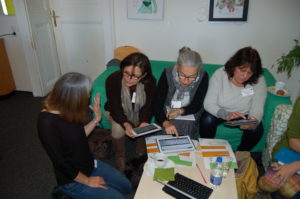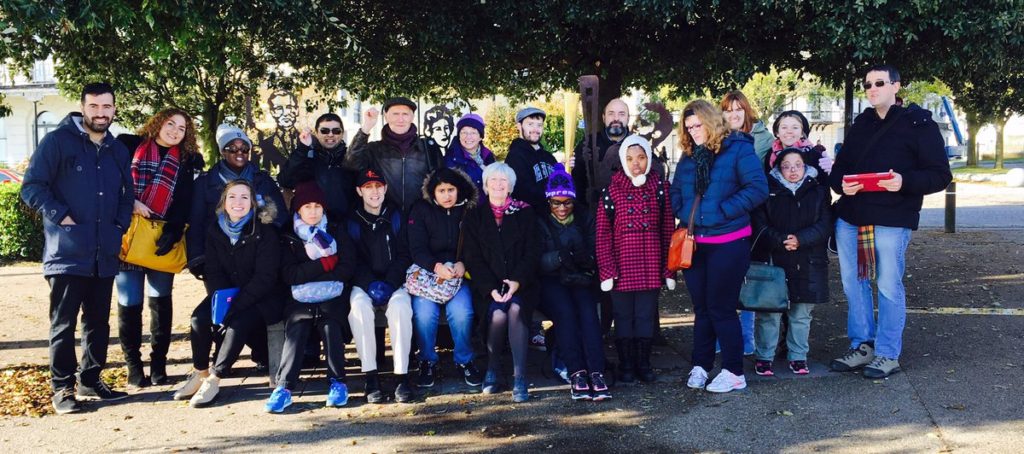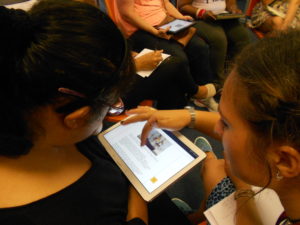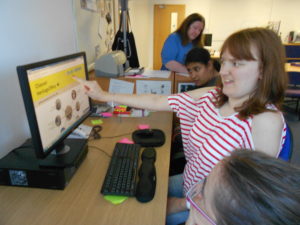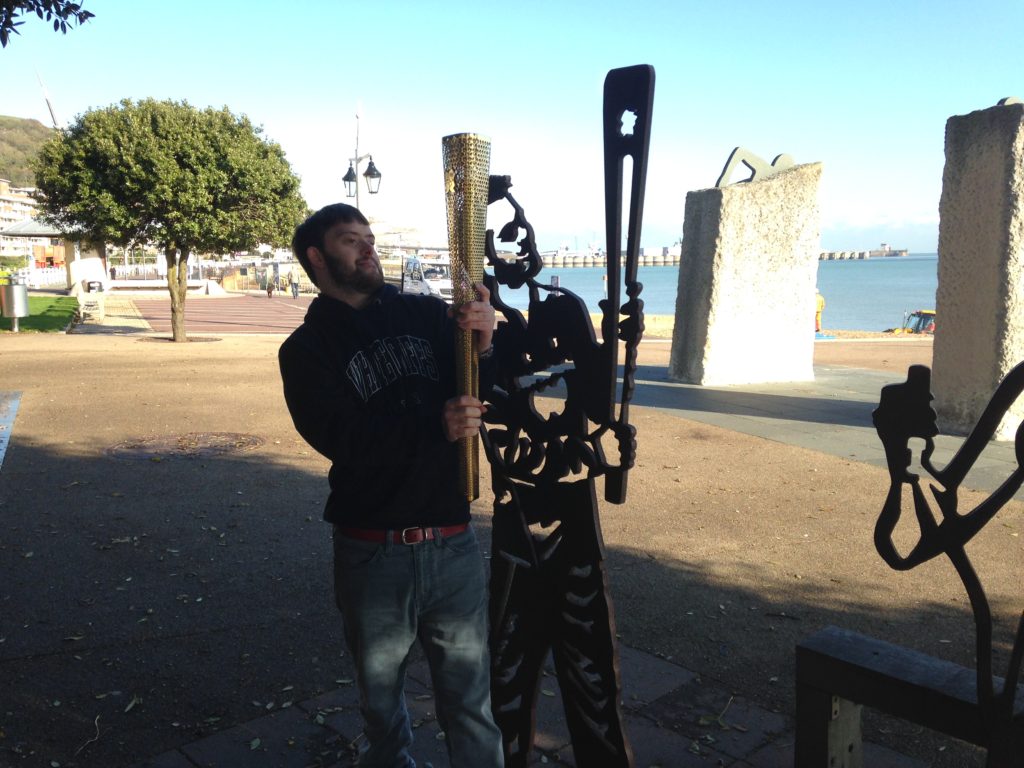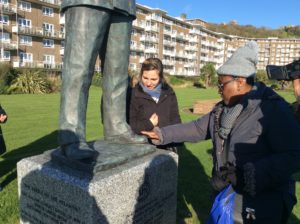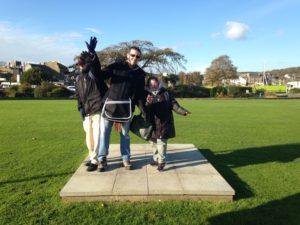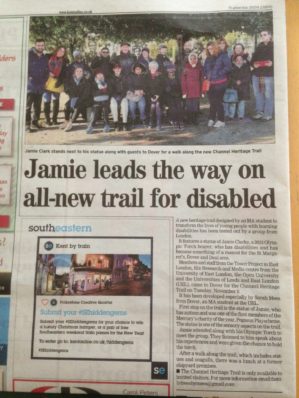Rix Research were in Graz, Austria last week helping to deliver a really exciting week of teaching to European Educators. The group of twenty two teachers from schools in Portugal, Italy, Romania, Germany, Finland, Poland and Croatia were attending the latest ‘Inclusive Education with Tablets’ course and discovering how they can change the way they teach using tablets and mobile devices.
Gosia Kwiatkowska and Charlie Saward delivered two modules from the ‘Multimedia Advocacy Pathway to Personalised Learning’. The Pathway is a step-by-step model for educators that has been specially developed by Rix Research. Employing the values & principles of person-centred thinking, Multimedia Advocacy and Universal Design for Teaching & Learning in combination with tablets and mobile devices, educators can follow the Pathway to achieve teaching & learning that is genuinely personalised for their learners. Gosia explains “We have to remember that apps and mobile devices, whilst they have the potential to be hugely powerful teaching tools are still just tools, what’s important is that we [teachers] use them with purpose, that we use them with the right approach.”
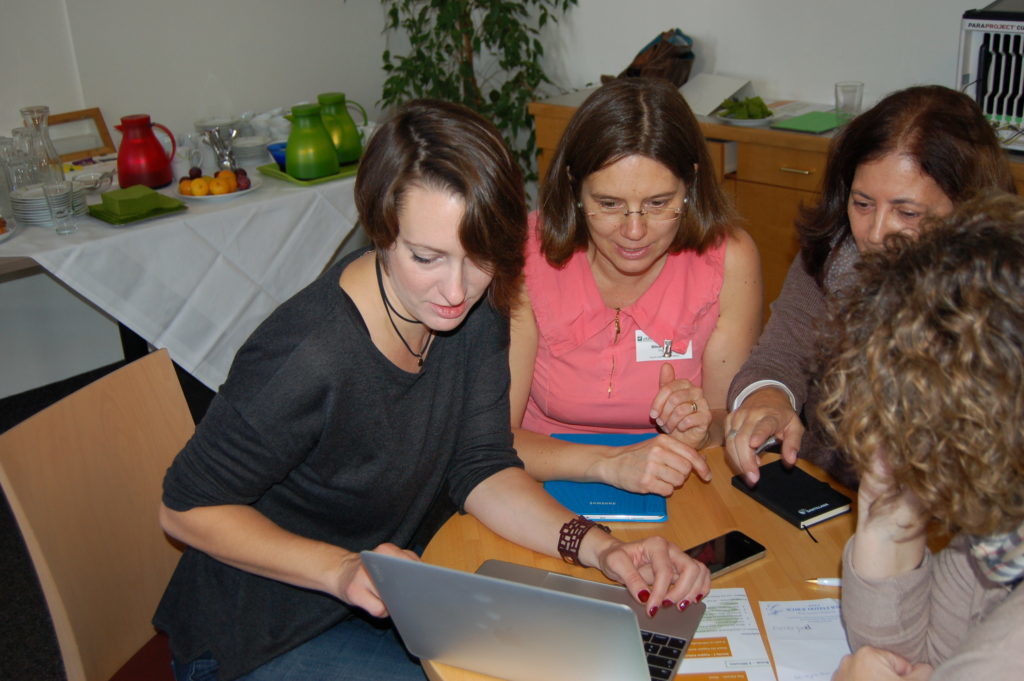
The courses are designed & delivered by the IncluEdu project partners – a strategic partnership of five leading European organisations, including Rix Research, who collectively have a unique expertise in the field of ICT and inclusive learning. IncluEdu has developed a range of competence-based courses that enable European Educators to use tablets and mobile devices to both activate and empower their learners. The Multimedia Advocacy Pathway to Personalised Learning sits at the heart of the course offer as the theoretical backbone.
“It was a great course that will really change my teaching” commented one participant, “I will definitely be using the Nearpod and thinking about how I can put my students at the centre of learning process.”
If you are a European teacher or educator interested in using tablets and mobile devices to empower your learners, you may be able to apply for an Erasmus+ mobility grant to participate in our courses. To find out about upcoming courses and apply for funding visit the IncluEdu website.
The full ‘Multimedia Advocacy Pathway to Personalised Learning’ course will be running in London in September 2017. The next course will take place in Dublin in December 2016.
